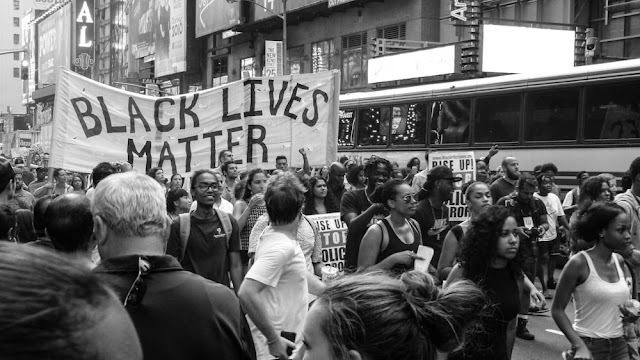Mental Health & Black Lives Matter: Resources
"Freedom is not a state; it is an act. It is not some enchanted garden perched high on a distant plateau where we can finally sit down and rest. Freedom is the continuous action we all must take, and each generation must do its part to create an even more fair, more just society."— John Lewis
Me and White Supremacy, Layla F. Saad
The Fire Next Time, James Baldwin
Sister Outsider: Essays and Speeches, Audre Lorde
White Fragility: Why It’s So Hard For White People To Talk About Racism, Robin DiAngelo
How To Be An Anti-Racist, Ibram X. Kendi
The New Jim Crow, Michelle Alexander
The Bluest Eye, Toni Morrison
Just Mercy, Bryan Stevenson,
Look Both Ways, Jason Reynolds
Eloquent Rage: A Black Feminist Discovers Her Superpower, Brittney Cooper
Citizen: An American Lyric, Claudia Rankine
Between the World and Me, Ta-Nehisi Coates
So You Want To Talk About Race, Ijeoma Oluo
BIPOC mental health resources
A resource for Black and Latinx people that connects them to culturally competent therapists and the Between Sessions Podcast, for honest discussions about mental health, self-care, trauma, and joy. Their social media also provides helpful tips and notes on mental health.
This includes a database of therapists, a podcast, and The Yellow Couch Collective (a membership-based virtual community) for discussions and resources about mental health for Black girls and women, who are often very neglected.
Started by actress Taraji P. Henson in honor of her father, a Vietnam War veteran who experienced war trauma, this foundation provides mental care resources to, and destigmatizes mental health for, Black people. The foundation offers Black-centered healing and therapy resources.
A Chicago-based mental health group founded by Camesha Jones that offers sliding-scale therapy, support groups, mental wellness education, and healing events for and by Black women, with a strong emphasis on community.
A cross-disciplinary collective focused on "justice healing" to address the systemic, intersectional reality of trauma (but as well as joy and peace) in Black communities.
This Network provides service for QTPOC by addressing the distinctive trauma of queer and trans communities of color by reconsidering mental health systems. They mainly work with therapists, but also have a Radical Syllabus that may be educational for those looking to learn more about the intersection of mental health with racism and queerphobia.
A nonprofit organization that aims to financially support the cost of therapy for Black women and girls. You can apply to be part of an upcoming therapy cohort; those selected can choose from a variety of telehealth providers.
A web zine and support group focused on mental health, recovery, and self-care for minorities, especially queer and trans people of color. They also provide paid opportunities in art and writing.
A 26-page tool kit (offered in both English and Spanish) about how stress and trauma impact the body and mind, and self-care strategies for in regards to racism.
A Baltimore-based nonprofit organization that uses a confidential referral service to connect Black people to competent and licensed mental health professionals.
Founded by Black women, this nonprofit organization deals with mental health for Black women and girls, with a site including information about physical health and a stress-level quiz.
Available on Apple Store and Google play, this app is designed for BIPOC, to bring healing and to address internalized racism and microaggressions, through content from more than 40 BIPOC educators. Monthly and annual subscriptions are offered at $9.99 and $71.99, respectively.
Available on Apple Store and Google Play, this app was developed by Jasmin Pierre, a Black suicide survivor. The app is designed to reach Black users with information and resources on mental health and self-care tips.
